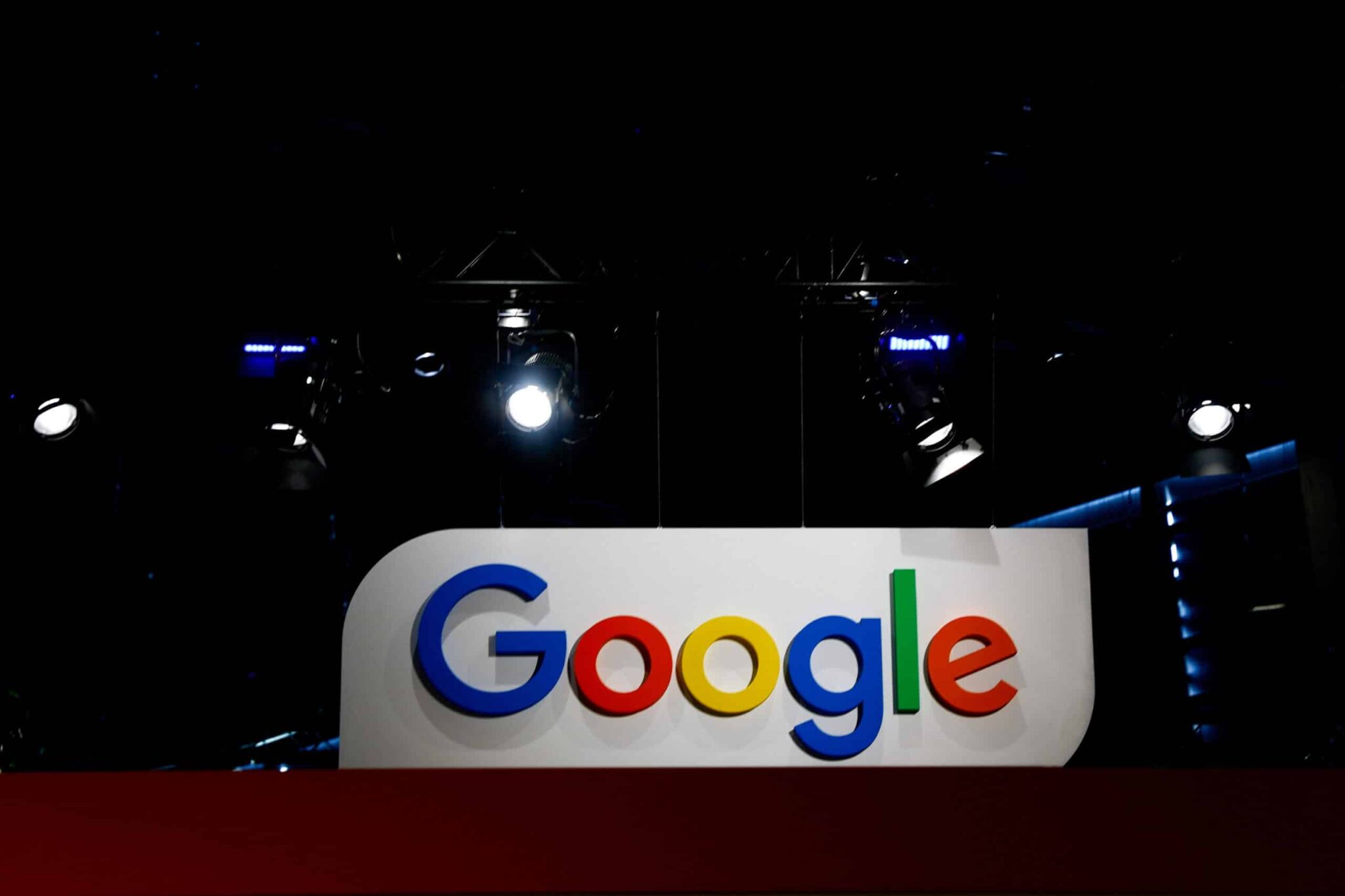In a groundbreaking decision issued by U.S. District Court Judge Amit P. Mehta, Google has been adjudged to unlawfully maintain its monopoly over the online search market, potentially reshaping its business model and operational strategies. This ruling, subject to appeal by Google, highlights the company’s practice of paying billions to secure default search engine status on devices from companies like Apple, thereby stifling competition from rivals such as Microsoft Bing and DuckDuckGo.
Microsoft Bing stands to gain significantly from this ruling. The judgment could pave the way for Bing to increase its market share and possibly become the default search engine on significant platforms like Apple’s devices. This shift would mark a substantial shake-up in the search engine market, where Bing has traditionally played second fiddle to Google’s overwhelming dominance.
Amazon’s Delivery Dilemma: Balancing Efficiency with Workforce Challenges
Amazon faces significant operational dilemmas in managing its vast delivery network, which has been critical in establishing its dominance in the retail sector. The company’s approach integrates sophisticated logistics technology with a heavy reliance on both permanent and temporary delivery personnel. Recent discussions in the industry highlight challenges related to workforce management, including strikes and demands for better working conditions by delivery personnel, which could affect delivery efficiency and reliability.
Seattle’s Return to Office: Assessing Economic and Social Impacts
Post-pandemic, Seattle is witnessing a gradual return to office, posing both opportunities and challenges for the city’s economic landscape. The shift back to office work is driving demand for downtown commercial real estate, revitalizing local businesses that suffered during the height of remote work trends. However, this transition also stresses public transit systems and raises concerns about traffic congestion. The move back has been met with mixed reactions from employees, with a significant portion expressing a preference for flexible work arrangement.
This article covers a blend of technology, business logistics, and urban economic dynamics, providing a comprehensive view of interconnected developments in these fields. The unfolding scenarios will require continuous monitoring to gauge their long-term impacts across the technological and business landscapes.





























